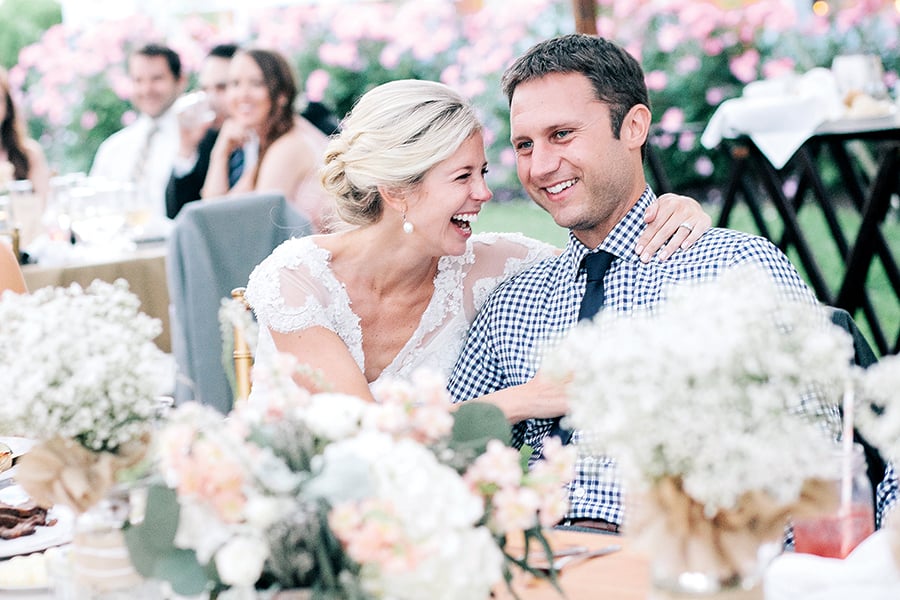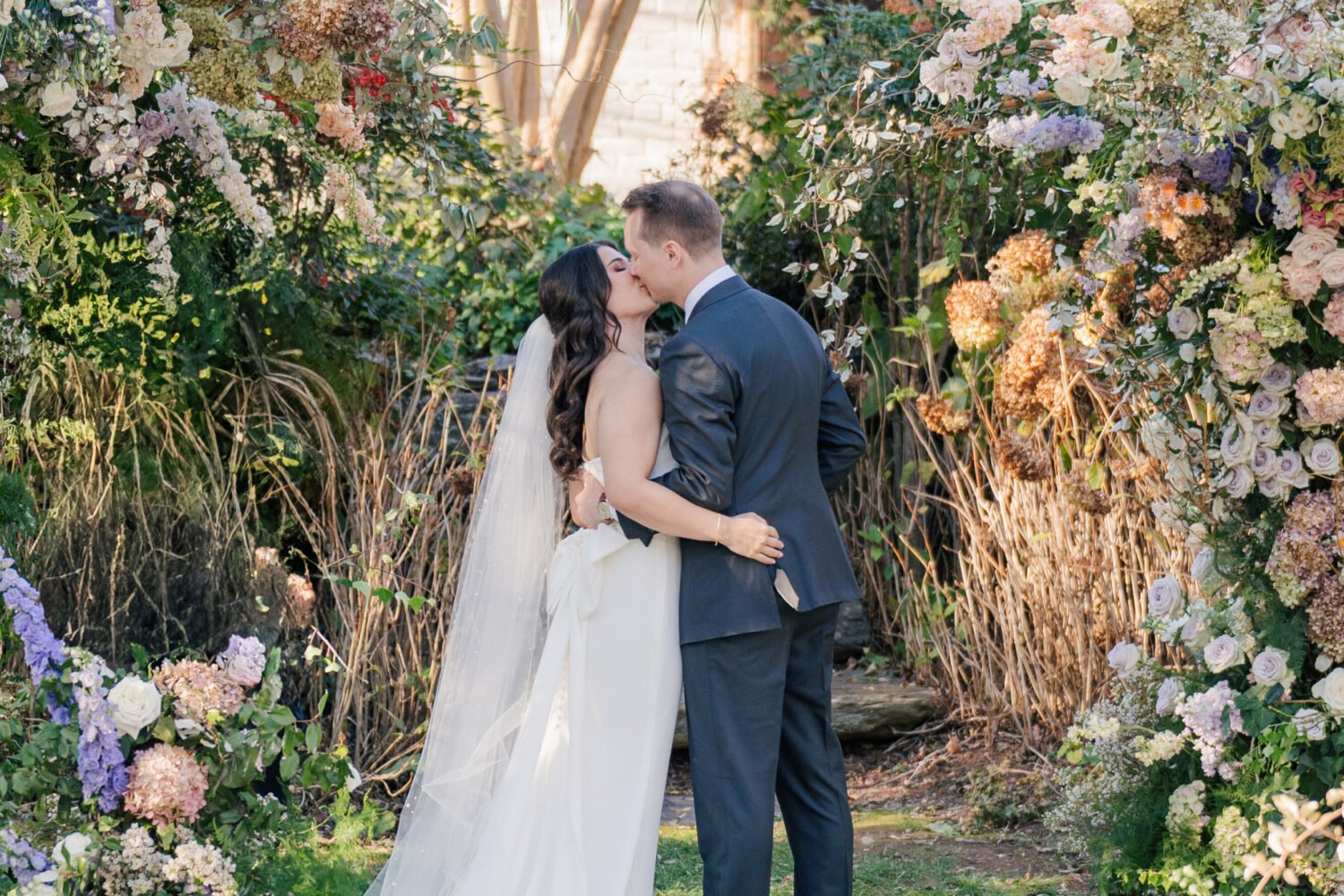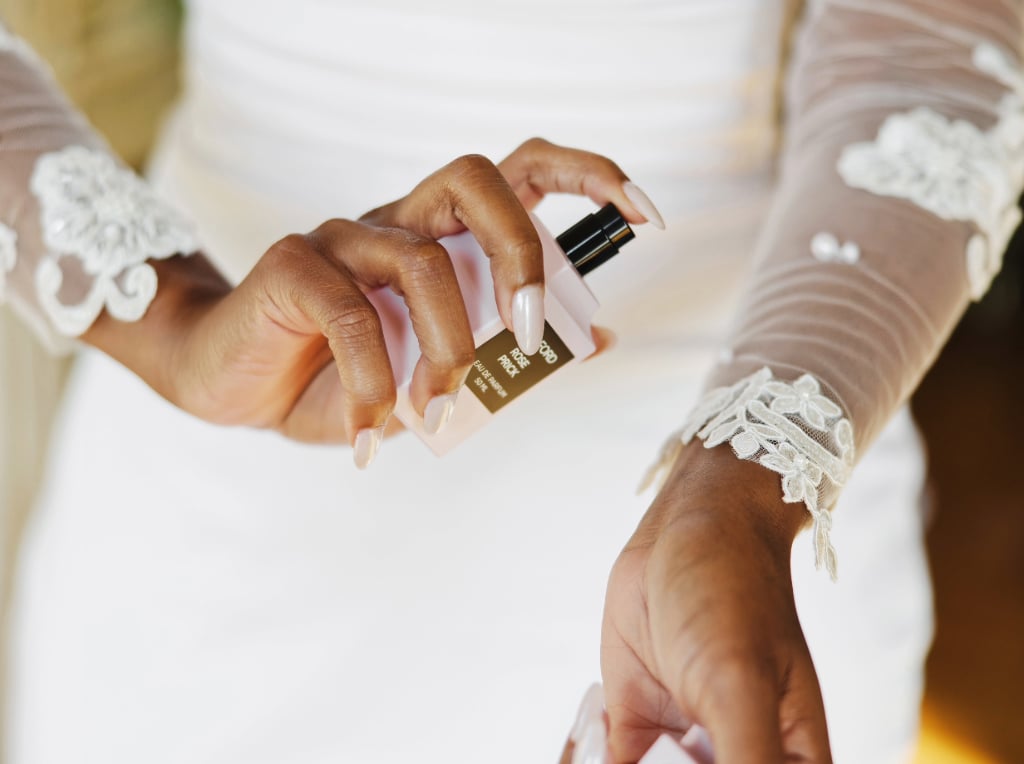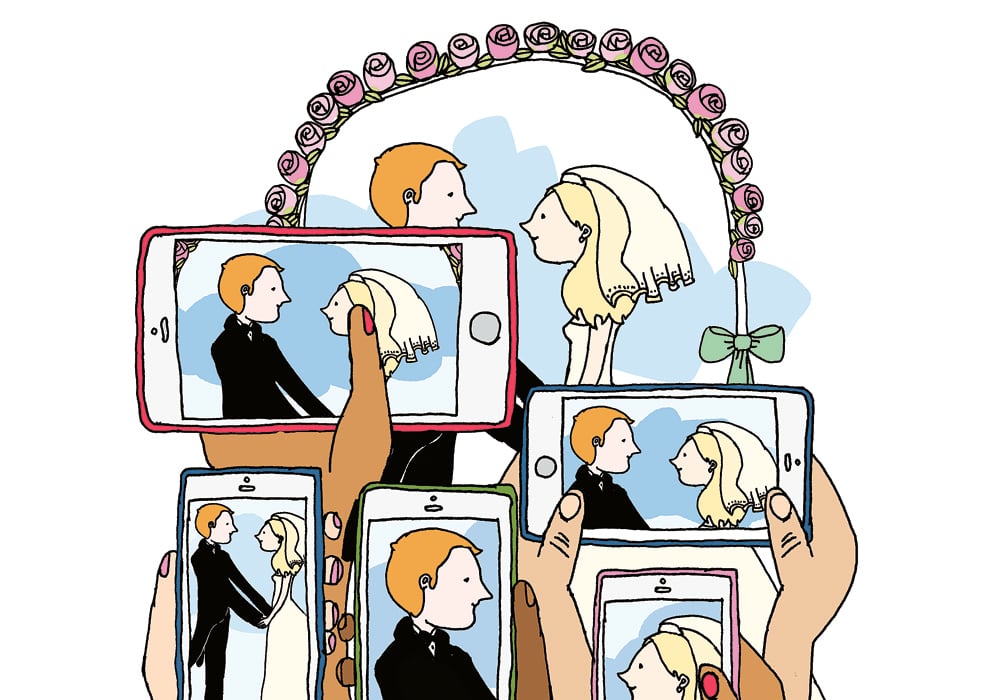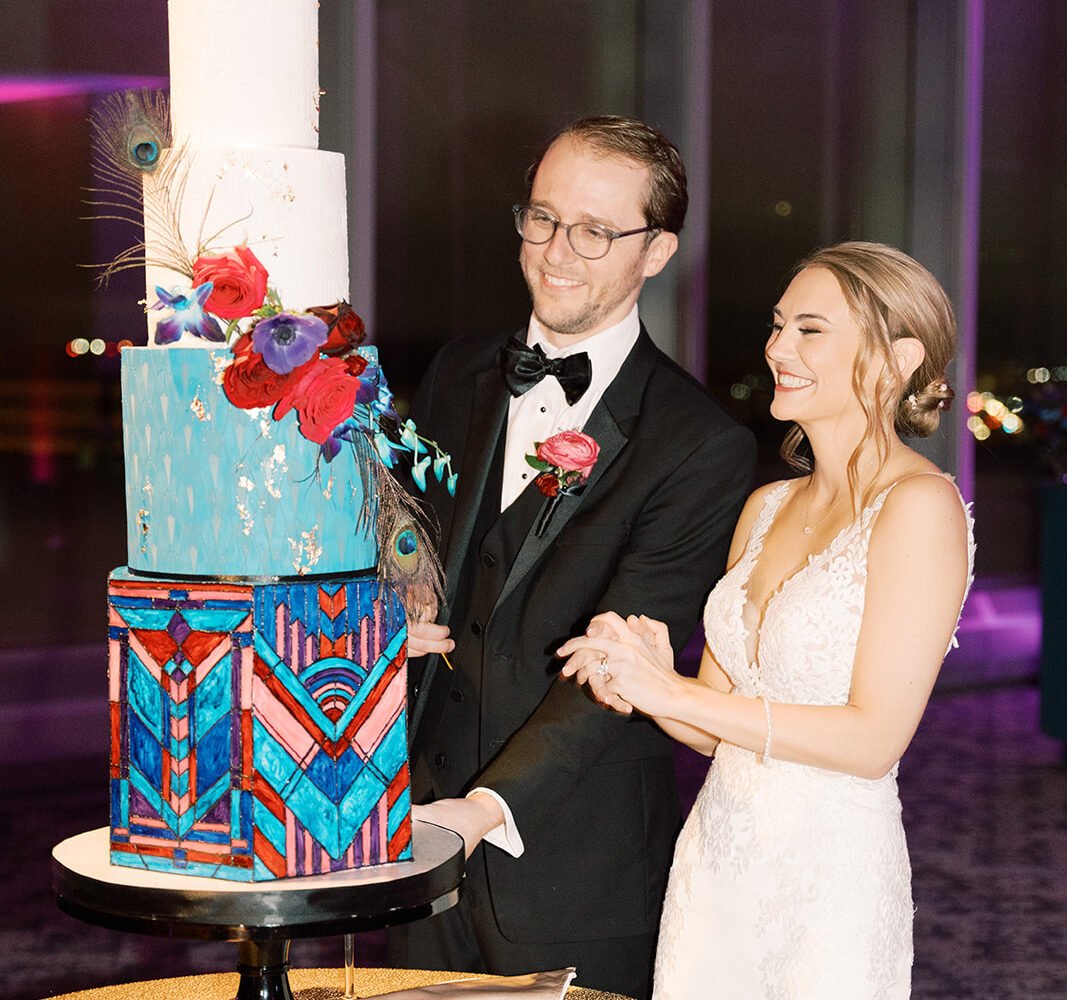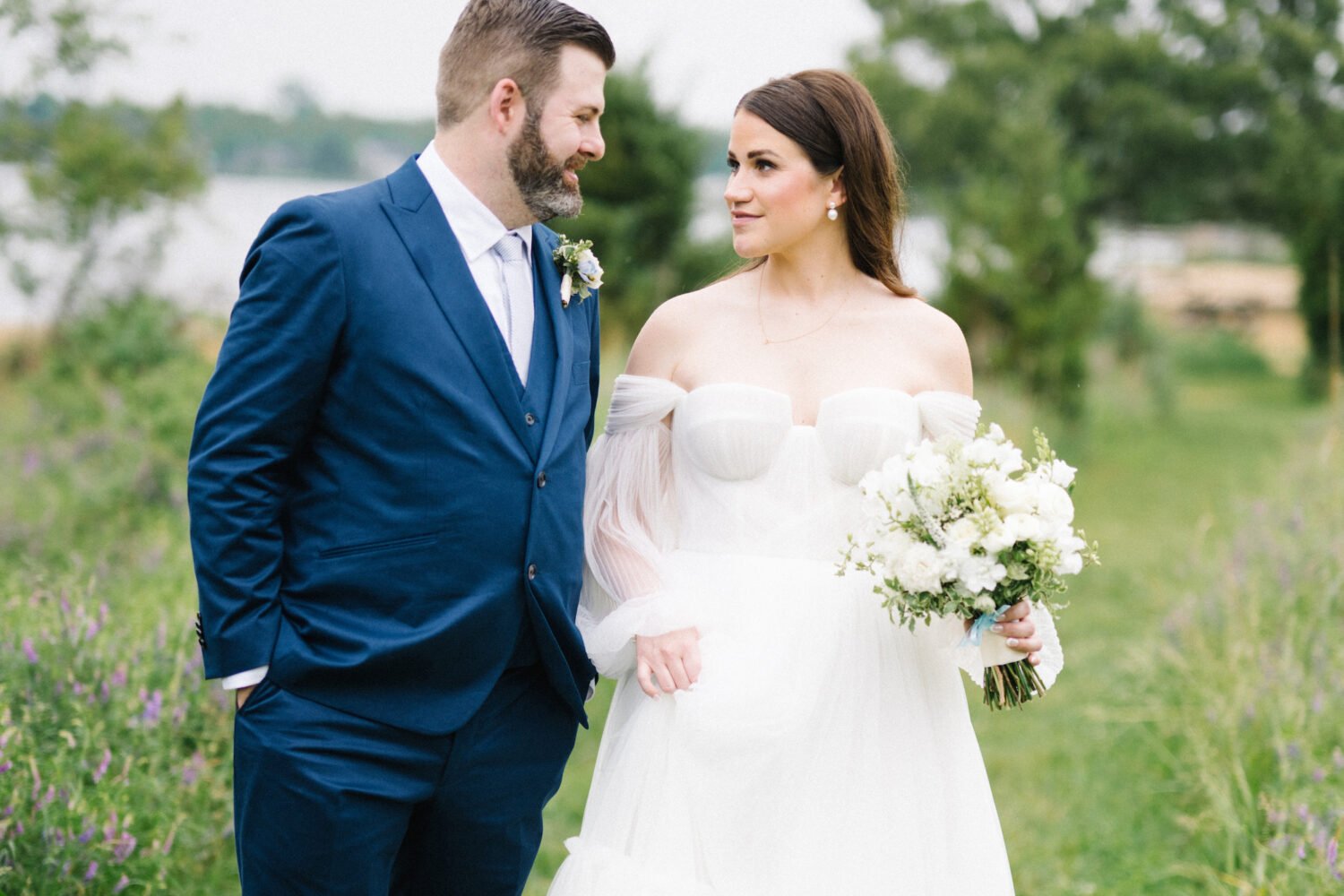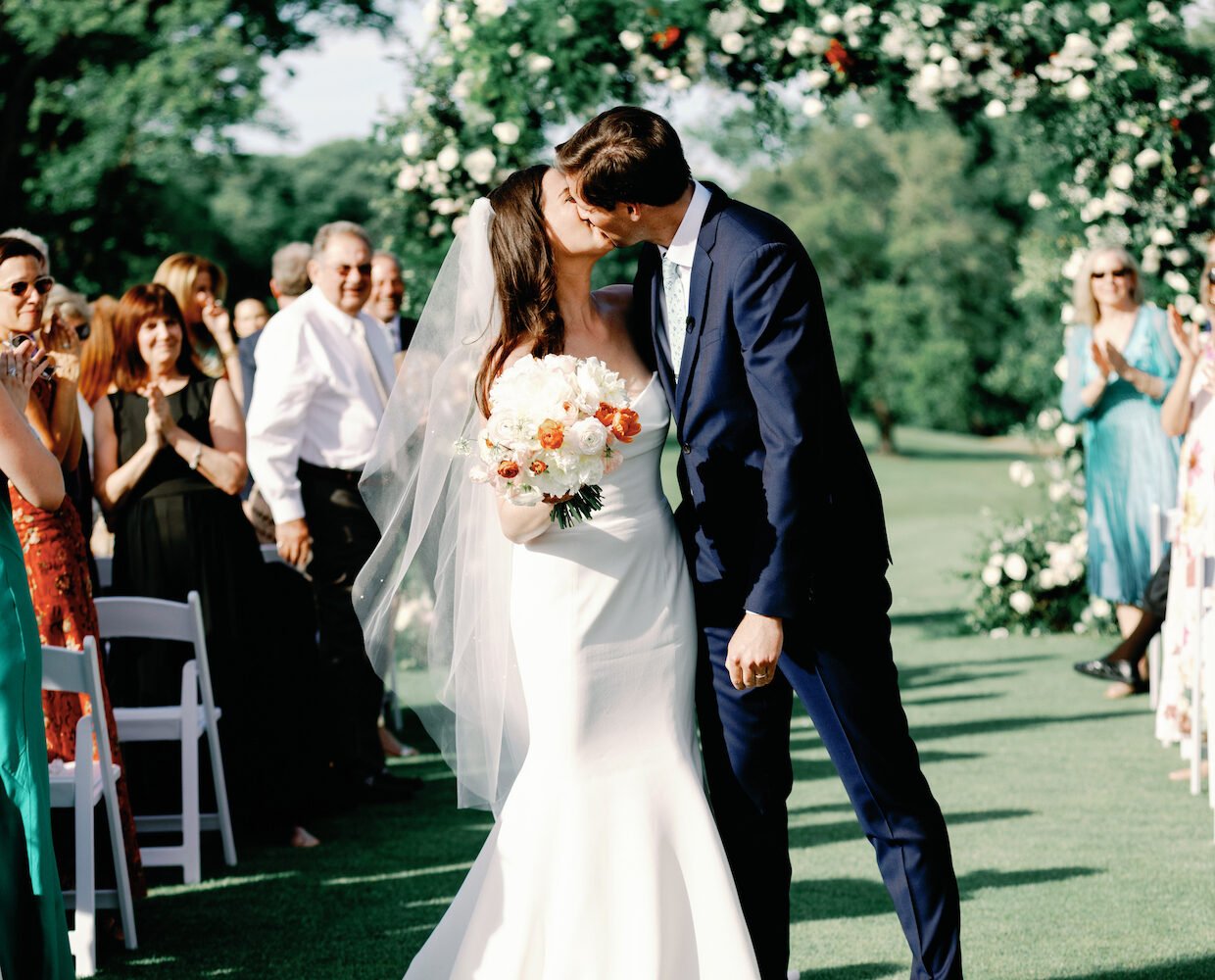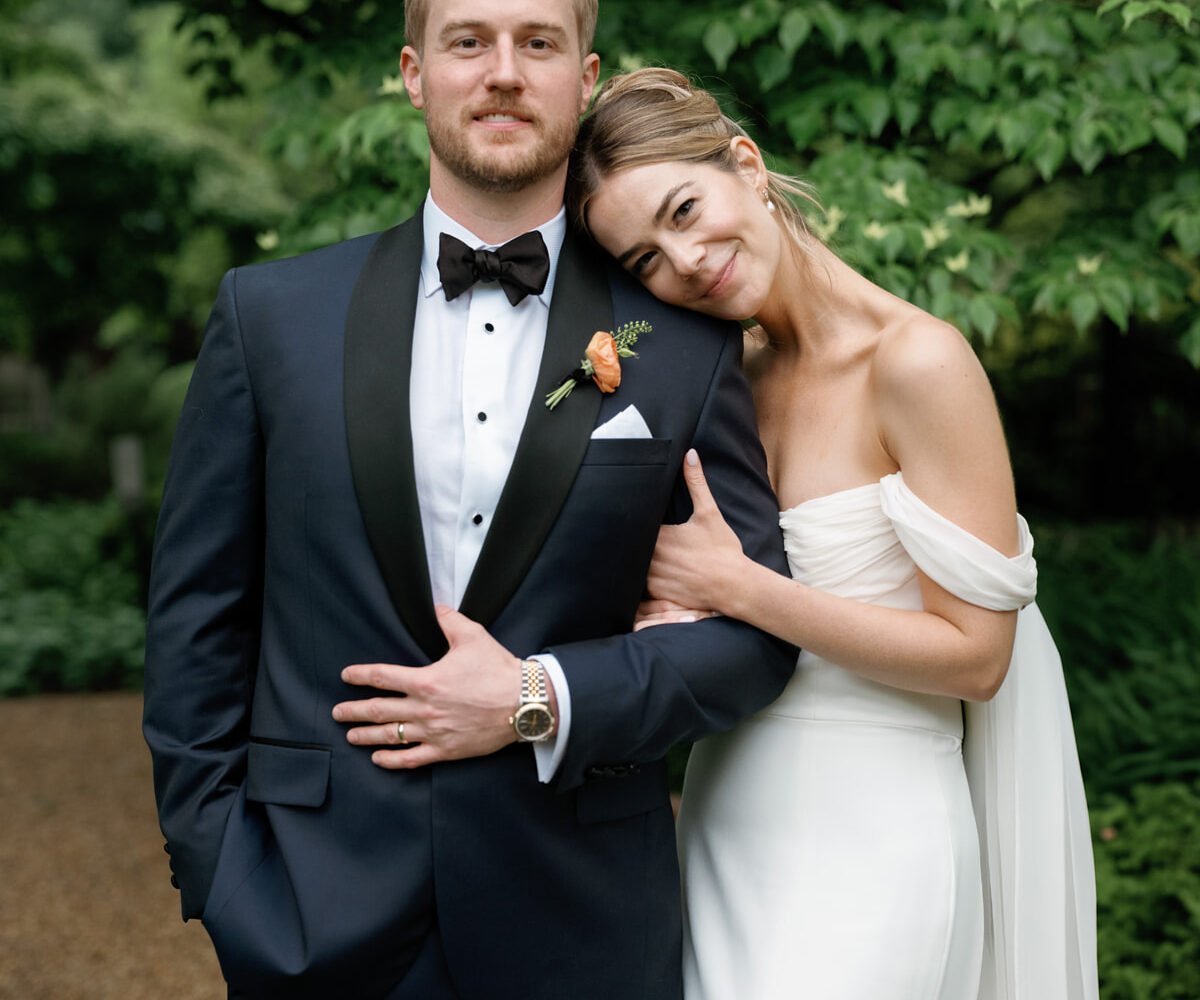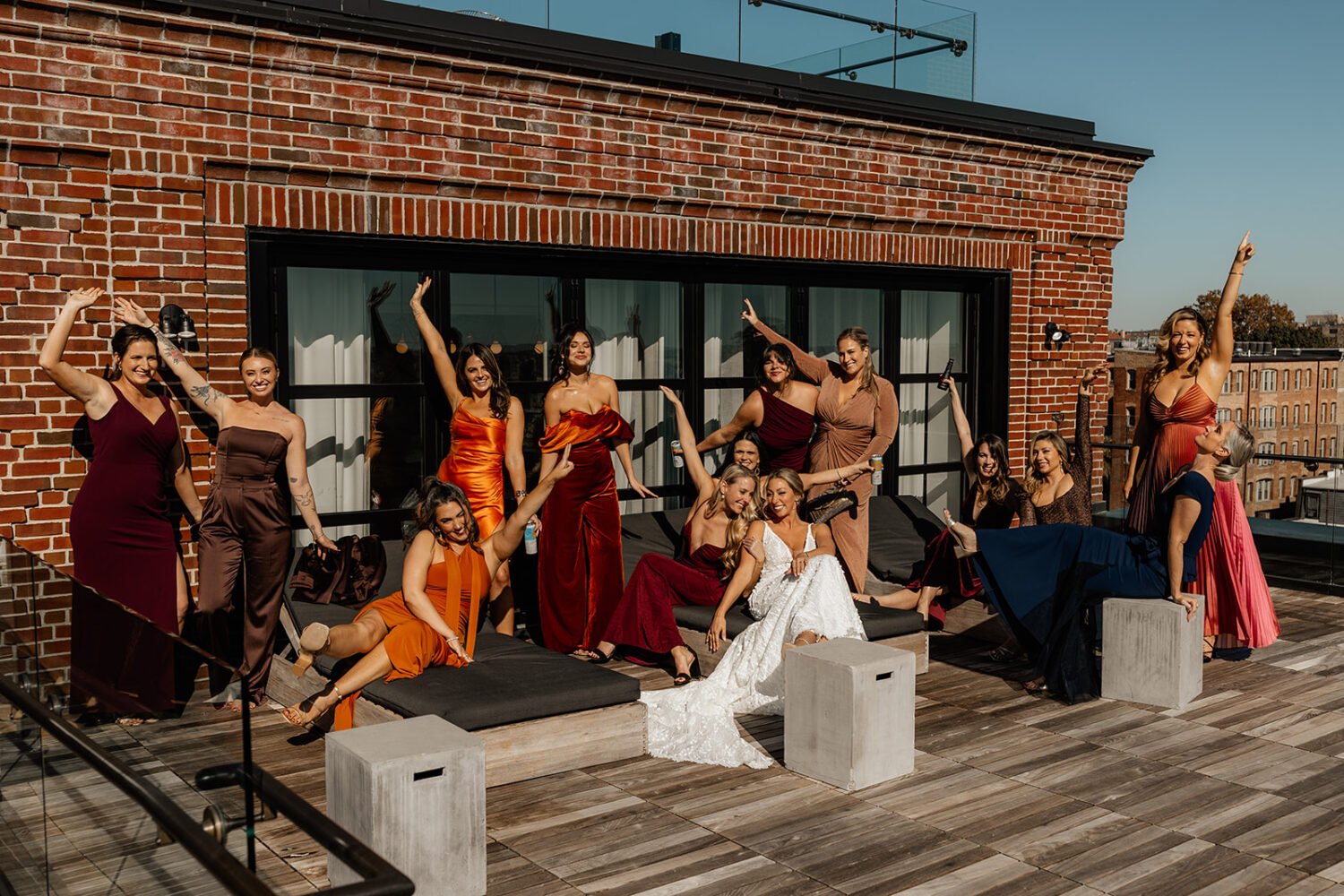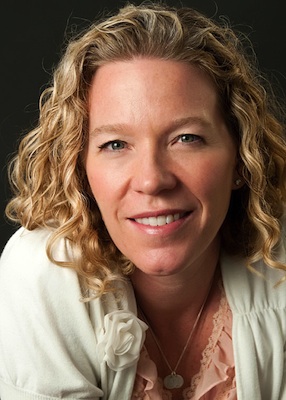
When it comes to the should we/shouldn’t we question of getting premarital counseling, a growing number of couples are choosing to sit down with a psychotherapist to discuss what “for better and for worse” really entails. “It is an opportunity for the couple to think together about questions they may or may not have thought about, as well as an opportunity to hear answers they may not have heard before. Even the most communicative couples end up learning something new about their fiancé[e],” says Glennon Gordon, a relationship expert and consultant at the Learning Space who works with couples to prepare them for marriage and the challenges that can sometimes arise after the honeymoon is over.
Gordon offers three one-hour sessions with soon-to-be newlyweds, wherein she teaches how to become effective communicators and avoid common pitfalls of relationships; she also touches on past relationships to help troubleshoot problems that might come down the road. “We talk about all the ‘hot topics’ in relationships, such as sex, finances, faith, parenting, and roles in and around the house. These topics become hot because people don’t learn how to talk about them from the beginning. Over time, the conflict or the distance that these issues create becomes increasingly difficult to undo,” she says.
Here, Gordon shares her tips for surviving the stresses of wedding planning and being the best partner you can possibly be.
What do you focus on during the premarital counseling sessions?
I do a lot of teaching with the goal of having couples gain a perspective about their relationship they have not thought about but that will prove useful when navigating the inevitable ups and downs. The couple learns about the common pitfalls of relationships and what effective and ineffective communication looks like. We look at each person’s family of origin and how past patterns can contribute to the current patterns in their relationship. Looking at our parents’ relationship and even our grandparents’ relationships offers a wealth of information that can be useful in thinking about an upcoming marriage.
What is the benefit of discussing relationship topics such as sex, parenting, and finances?
If you learn from the beginning how to communicate about the things you may have differences about, these differences can remain strengths in the relationship as opposed to being negatives. After all, it’s not the differences between two people that’s the problem—it’s the reaction to the differences. Getting comfortable with the topics is sometimes the biggest hurdle.
What’s most important for engaged couples to think about when doing this type of counseling?
When a couple start out on the path to marriage, most are still in that “la la land” that is love. There’s nothing wrong with that, but love changes and morphs over the years, and there’s a certain degree of tangible help that can come with counseling. If a couple are aware of what could be in store for them, they will be more prepared, they won’t jump to conclusions, they won’t react in a way that endorses failure or can even ultimately lead to growing apart and divorce. Getting a couple to talk about change and growing together before the wedding is a valuable tool.
What are the most common concerns engaged couples come to see you for?
The issues that couples bring to the sessions often have to do with extended family: difficulty with overly involved and controlling parents, divorced parents who can’t be in the same room, or brides who feel their groom’s mother doesn’t like them, those sorts of scenarios. There are a lot of details and relationships that need to be managed that can create a wedge between the couple, and that can add to stress. Often someone feels pressure to either agree with one person and not the other, causing potential alienation or conflict.
How can a couple not become consumed by wedding planning?
Make sure you take the time to broaden your perspective and remember the big picture. This is not just a day; this is a lifetime. Make sure the wedding doesn’t become 24/7 topic of conversation. Balancing where your energy goes is always a good rule of thumb.
What are your top five tips for couples going into marriage?
1) It is very important for couples to understand that each individual is 100 percent responsible for their own emotions and actions. Even though it may feel like someone is doing something to you (i.e., he MADE me cry), we have many choices in how we react and respond. Instead of crying, one could lighten the mood by making a joke and change the trajectory of the conversation. This makes having more difficult conversations easier because you are able to focus on the message you are trying to convey versus how the other is going to respond.
2) Go out on dates when you can, and plan mini vacations at least once a quarter. Plan a longer vacation whenever you are able to do it. Getting away and on neutral territory is an excellent way to connect and have fun.
3) Always stay involved and interested in things and people outside of your marriage. Keeping up with friendships and activities that give you energy helps keep you happy. Too much focus on one person or thing creates anxiety and conflict in individuals and therefore the relationship.
4) Listen well. Being interested—and I mean genuinely interested—in what the other person is saying and where they are coming from, even if it is different from what you believe, is important in maintaining trust. Couples become overly critical and tend to stop listening when it is something they don’t agree with. Expecting and respecting the differences is key to trust.
5) Be very careful of your expectations. We all have ideas of what a relationship should look like or how people should act. When for whatever reason it doesn’t match up, people are disappointed and become critical of the other. Another variation of expectations is that people become dependent on the other to make them feel happy or calm. The expectation that the other is responsible for your emotional well-being is a huge mistake.
Bottom line: Getting married is an exciting and wonderful endeavor. It is important to realize that relationships require effort and maintenance to really be able to reap the benefits of having a lifelong partner.
For more information or to make an appointment, call 301-325-8490 or e-mail glennontg@me.com. The Learning Space. 4545 42nd St., NW, Suite 201.



